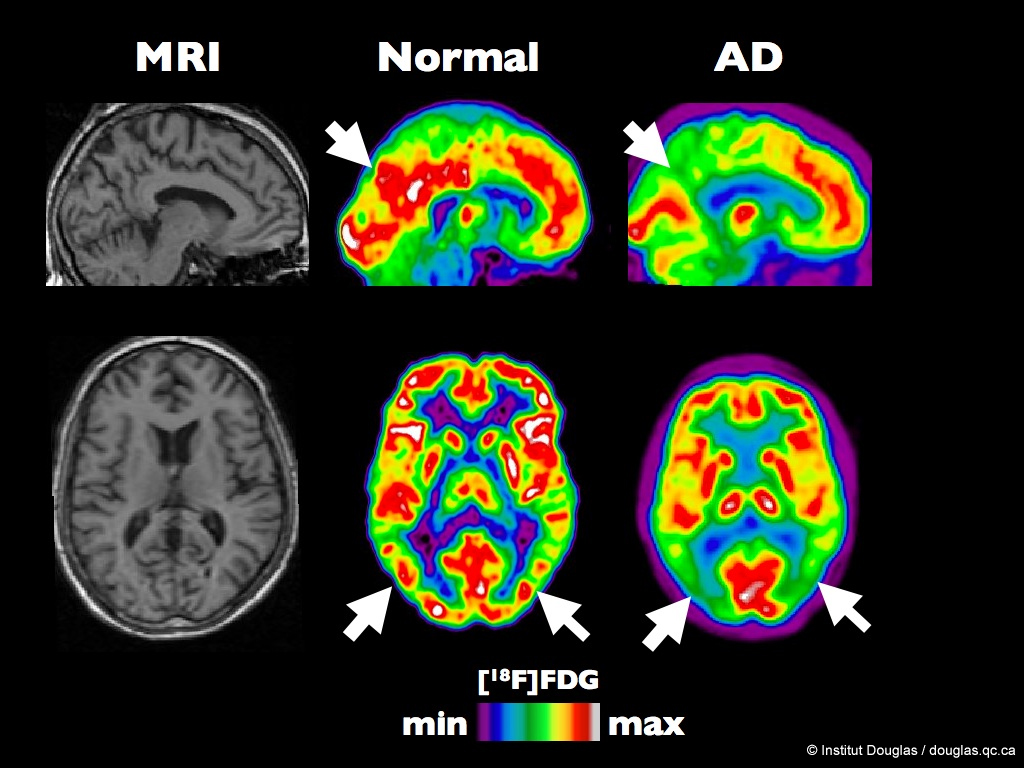According to the statistics of Alzheimer’s Society BC, approximately 70,000 British Columbians are suffering from Alzheimer’s or any brain-related disorder. What is Alzheimer’s? It is a neurological disorder affecting the cognitive ability (e.g. memory and thinking) and behaviour of an individual, and it worsens over time. The physiological cause of Alzheimer’s is the increase in the number of twisted fibers of protein within the brain cells and plaques between cells.
- image source: flickr
There is no cure for Alzheimer’s; therefore, prevention and early detection are vital. Assessments of a patient suspected of having the disease includes physical and mental examination (e.g. MRI, or more generally speaking, a brain scan). The downside of a brain scan is the strenuous process of monitoring the patient and being on the waitlist, which takes months, leading up to the scan; however, there is a test still under study that could detect if an individual suffers from Alzheimer’s – it is called the PEANUT BUTTER SNIFF TEST. This test could be an alternative to brain scans. Also, this could allow for early detection of the disease, so preventative steps can be taken early.
Jennifer Stamps, a graduate student, and her colleagues from University of Florida used peanut butter to conduct an olfactory test ( article about the scientific research).

Her group of researchers found that Alzheimer’s-affected patients had a decrease in smell sensitivity in the left nostril. David Knopman of Mayo Clinic, quoted by Singh, stated that “The idea that smell is altered in Alzheimer’s disease dementia patients is well known, and this is nothing new.” As mentioned above, there is no cure for Alzheimer’s and the only treatment available is prevention. Early detection of the disease leads to taking a more aggressive approach to alleviate the symptoms. The peanut butter sniff test could already be a clinical procedure used as a preventative measure for Alzheimer’s; however it is not very accurate because there are compounding variables such as: “congestion in your nasal cavities that can reduce your smell on a temporary basis, a past head trauma, severe past sinus infections”, according to Bartzokis, quoted by Oransky.
There are numerous arguments made by other Alzheimer’s researchers against this study; however it is only at the beginning stages and Stamps is going to conduct more experiments to further develop her research. She also gave a warning: “Don’t try this at home. Having slight differences between your left and right nostrils is normal, and you might end up freaking out over nothing.” In other words, for now just enjoy your peanut butter on a piece of toast.
-Ziharrphil Magnaye
References:
Alzheimer’s Society BC, Alzheimer’s Association, Alzheimer’s Society UK, Journal of the Neurological Sciences, Shots, MedPage Today



